What we have achieved
We have been supporting people to build sustainable livelihoods and transform their lives for over 35 years.
Here is a snapshot of our impact since 2010:
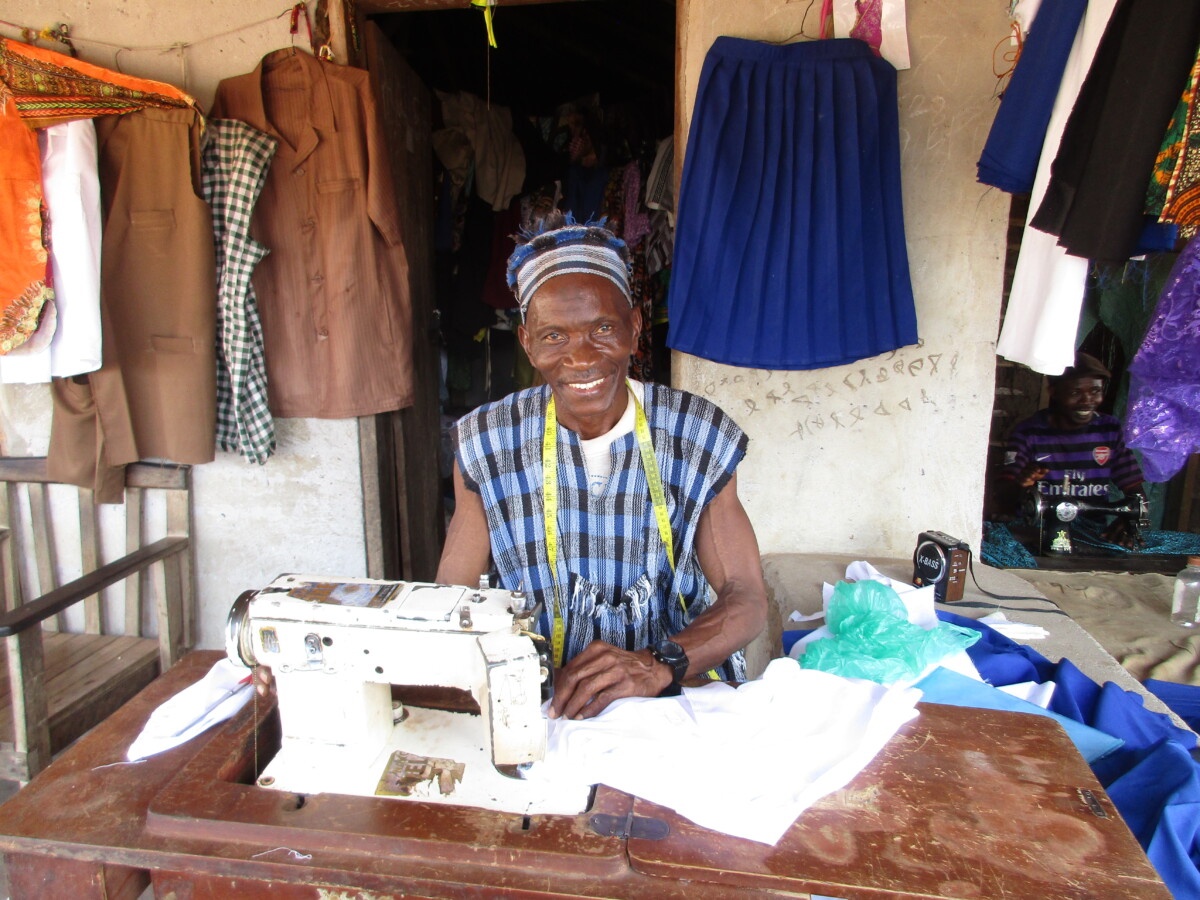
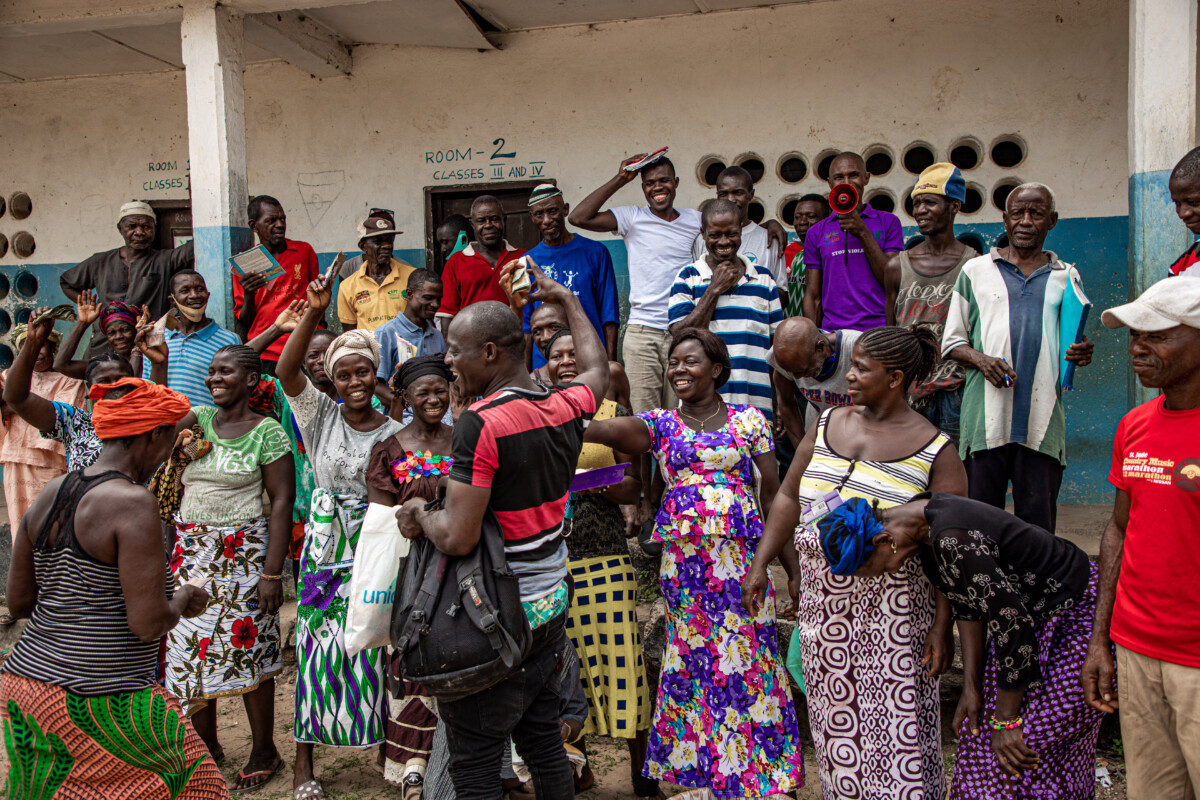
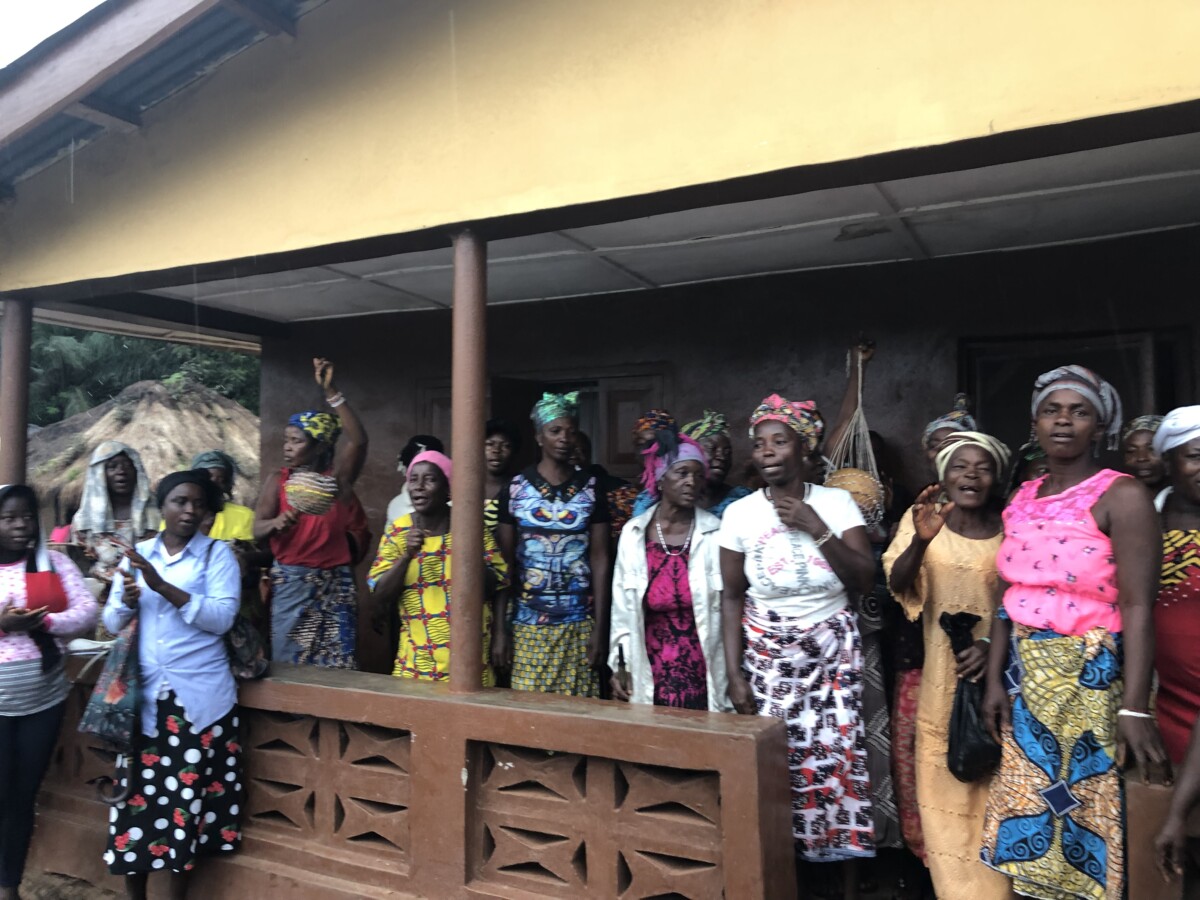
Beyond the numbers – why our approach works
Our key focus is empowering people to obtain sustainable livelihoods; by building and expanding their own small enterprises, or by gaining safe, secure and productive employment.
This enables people to feed, clothe and educate their families, not just today, but every day. It breaks the cycle of poverty as their children will grow up better fed and educated, with the ability to contribute to their local economies in the future.
Once their basic needs have been met, people are better placed to work with their communities to challenge and change the inequalities and discrimination that drive their poverty. This applies whether they are marginalised due to disability or gender, living in a remote rural area or recovering from conflict or environmental disaster. This enables them to work together, or as individual role models, to change attitudes and catalyse widespread change.
Our approach involves working together with different organisations and stakeholders, including: the private sector such as buyers of local produce; government officials such as those who regulate hygienic conditions in market places; and other organisations which are working to promote the rights of those we strive to help.
Key to this are the long-term relationships we have established with our local partners, who we work with to lead the implementation of projects using their knowledge of and closeness to the grassroots communities.
Empowering people with skills, knowledge and connections to build brighter futures
In Sierra Leone, our community development model with local organisation MAPCO has proven to be a highly successful approach to both social and economic empowerment: enabling local people to take control of their community development needs, build sustainable livelihoods and tackle discrimination.
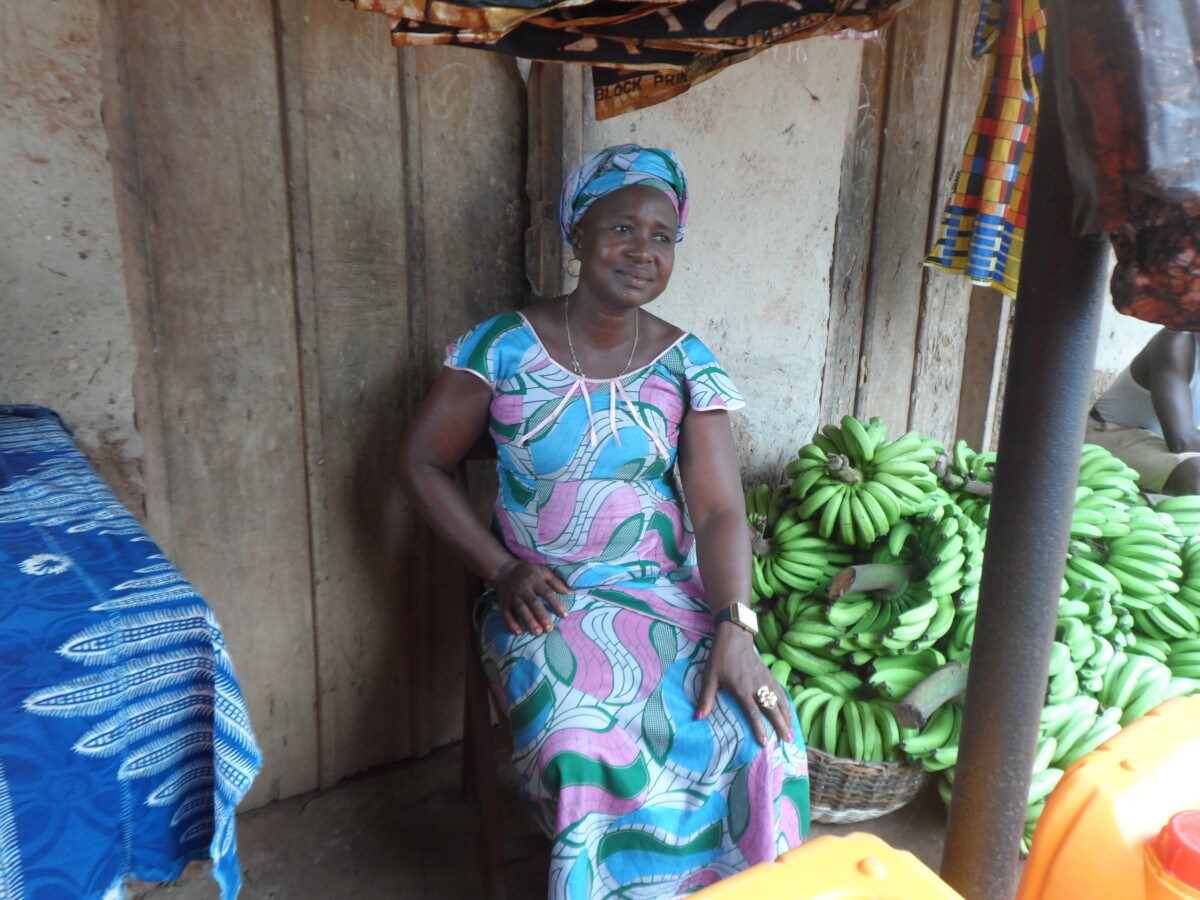
Sallay’s story
Sallay is a mother of 4 from a rural village in southern Sierra Leone, and one of the 12 communities that has benefited from our Empowering Communities project, with partner MAPCO.
When the project arrived in their community, Sallay and her husband, Musa, joined the community-based organisation (CBO) supported by the project, and through their membership, gained skills, assistance and received training. The creation of the CBOs has seen communities take control of their own affairs, deal with issues, help families and they have also created their own micro loans system.
Sallay and her husband had a 5-acre banana plantation when our work first started; which provided them with enough to pay their bills, send the children to school, eat and have some left over.
In 2016, Sallay’s husband tragically passed away, leaving her with 4 children and a plantation to look after; as well as a household to run.
Upon Musa’s death, his family took on the plantation; a common practice in Sierra Leone. This meant that Sallay and her children’s sole income and home was taken from them and was no longer theirs.
Thanks to her involvement in the CBO, Sallay was able to bring her case to the group. The CBO board approached Musa’s family to attend discussions and work out a way in which Sallay and the children could get their livelihood and home back and once again make a living. After many discussions, Musa’s family eventually attended a meeting and agreed to let Sallay and the children have the plantation and their home back.
Thanks to the work of the CBO, Sallay and the children have now reclaimed their home and plantation, so they are thriving once again. So much so, that a few months ago Sallay took out a loan from the CBO to expand her business and is now selling her bananas in Freetown. She has expanded her business to include the sale of clothes and shoes in the community. Sallay is also undertaking small clothes repairs, and she hopes to expand on this work later in the year.
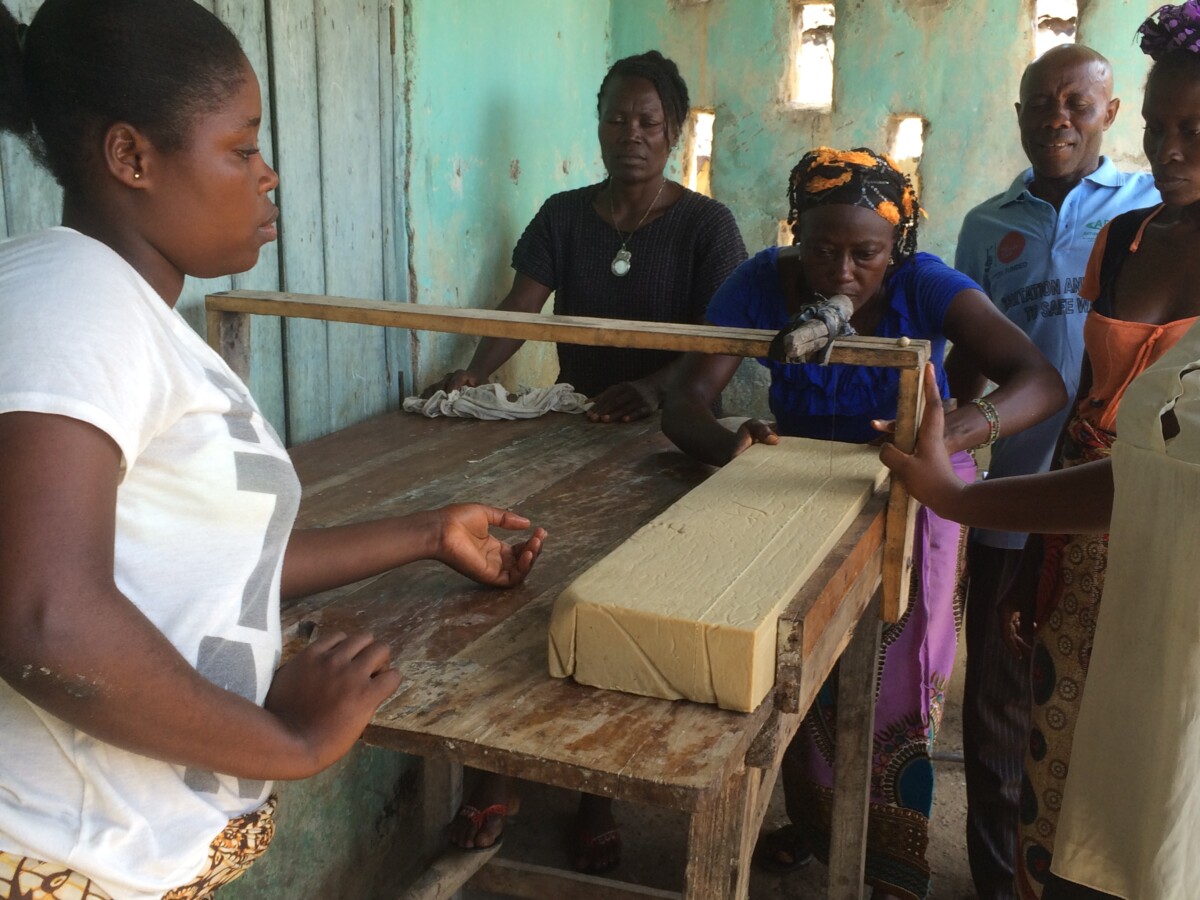
Reviewing our impact
We were fortunate to receive a grant from the Turing Foundation to revisit the vocational training project in Sierra Leone that they had supported between 2016-2018, one year on, and evaluate the impact. The original project enabled 240 young people to access apprenticeships with local artisans and gain skills so they could earn their own incomes.
As part of the review, we re-visited 4 of the original 12 communities, meeting with 64 former trainees and 7 artisans. The findings showed that all the former apprentices were still practising their trade; earning higher incomes than they were prior to the project; and were engaged in group and individual businesses. Incomes of the trainees had greatly improved— of those interviewed, there was an average 1100% increase in incomes compared with those at the project start. In addition to the apprentices, an additional 143 individuals are now receiving skills training as a result of the project— 21 working with the artisans, and 122 taught by former apprentices. This equates to 1.8 additional people trained per apprentice trained—showing that the benefits and opportunities are spreading far and wide!
Click the link below to read more about this post-project evaluation.
